Corsica: A mediterranean jewel of natural splendor and rich heritage
The Mediterranean Sea sparkles under the warm sun, its azure waters lapping gently against rugged cliffs and pristine beaches. Amidst this idyllic setting, an island rises from the waves, its diverse landscapes a testament to nature's artistry. This is Corsica, a land where mountains meet the sea, where ancient traditions are cherished, and where visitors are transported to a world of unparalleled beauty and cultural richness.
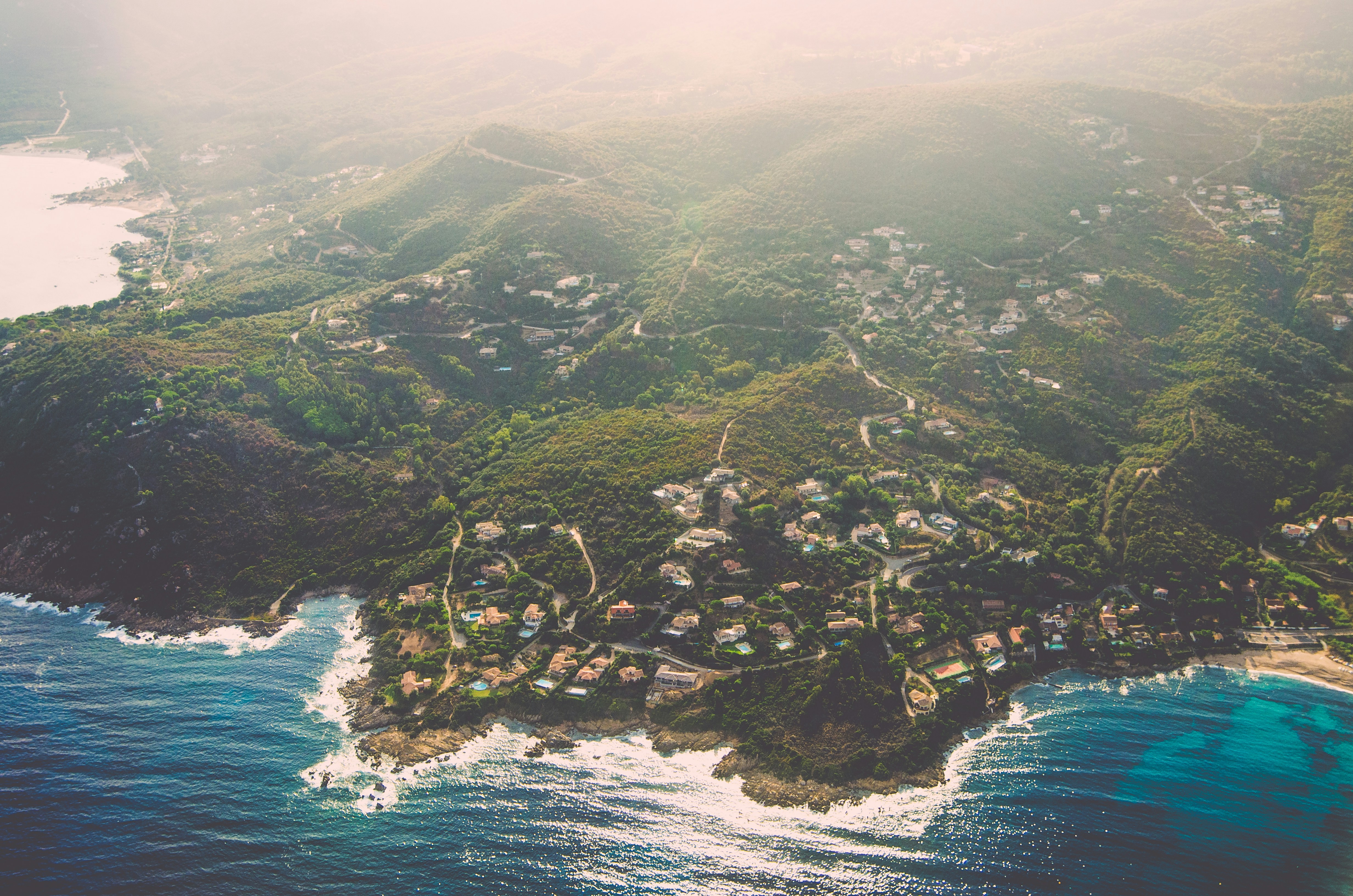
A Land of Contrasts
Corsica's geography is defined by its striking diversity. Soaring mountains, their peaks often snow-capped well into spring, dominate the interior. These rugged highlands are crisscrossed by hiking trails that lead adventurers through fragrant maquis shrubland and past crystal-clear mountain streams. In contrast, the coastline is adorned with golden sand beaches, hidden coves, and dramatic cliffs that plunge into the sea.
The island's natural beauty is protected by numerous parks and reserves. The Parc Naturel Régional de Corse, covering nearly 40% of the island, is a haven for rare flora and fauna. Here, the Corsican red deer and the mouflon, a wild sheep native to the island, roam freely. Birdwatchers are drawn to the sight of majestic bearded vultures soaring above the craggy peaks.
Things to do in Corsica
A Tapestry of History
Corsica's rich history is woven into the very fabric of its landscape. Prehistoric sites, such as the enigmatic menhir statues at Filitosa, stand as silent witnesses to ancient civilizations. Medieval citadels and Genoese watchtowers dot the coastline, a reminder of the island's strategic importance throughout the centuries.
The island's most famous son, Napoleon Bonaparte, was born in Ajaccio, and his presence is still felt throughout Corsica. The Bonaparte family home has been transformed into a museum, offering insights into the early life of the future emperor. In Corte, the island's historic capital, the imposing citadel houses a museum dedicated to Corsican history and culture.
A Culinary Journey
Corsican cuisine is a reflection of its unique geography and cultural heritage. The island's specialties are crafted from the bounty of both land and sea. Wild boar, often prepared as a hearty stew called civet de sanglier, is a favorite in the mountainous interior. Along the coast, fresh seafood takes center stage, with rock lobster and sea bream featured prominently on menus.
The island's cheese-making tradition is celebrated, with brocciu, a fresh sheep's milk cheese, holding a place of honor in many dishes. Charcuterie, particularly fig-fed pork products, is elevated to an art form. These delicacies are often enjoyed with a glass of local wine, produced from native grape varieties that thrive in Corsica's unique terroir.
Coastal Charms
Corsica's coastline is a string of jewels, each beach and seaside town offering its own unique allure. In the north, the crescent-shaped bay of Calvi is overlooked by an impressive citadel. The town's palm-lined promenade comes alive in the evening, as visitors and locals alike enjoy aperitifs while watching the sun set over the bay.
Porto-Vecchio, in the south, combines historical charm with modern luxury. Its old town, perched on a hill, offers panoramic views of the harbor below. Nearby, the beaches of Palombaggia and Santa Giulia are often compared to Caribbean paradises, their white sands and turquoise waters drawing sun-seekers from around the world.
Mountain Majesty
The island's interior is a playground for outdoor enthusiasts. The GR20, considered one of Europe's most challenging long-distance hiking trails, traverses Corsica from north to south. This 180-kilometer route takes trekkers through breathtaking landscapes, from granite peaks to lush forests and alpine meadows.
For those seeking less strenuous adventures, the mountain villages offer a glimpse into traditional Corsican life. In places like Zonza and Evisa, time seems to move at a different pace. Here, ancient customs are preserved, and visitors can sample local specialties in family-run restaurants that have changed little over generations.
A Living Culture
Corsican culture is fiercely protected and proudly displayed. The island's unique polyphonic singing tradition has been recognized by UNESCO as an Intangible Cultural Heritage of Humanity. These haunting vocal harmonies can often be heard in village churches or during local festivals.
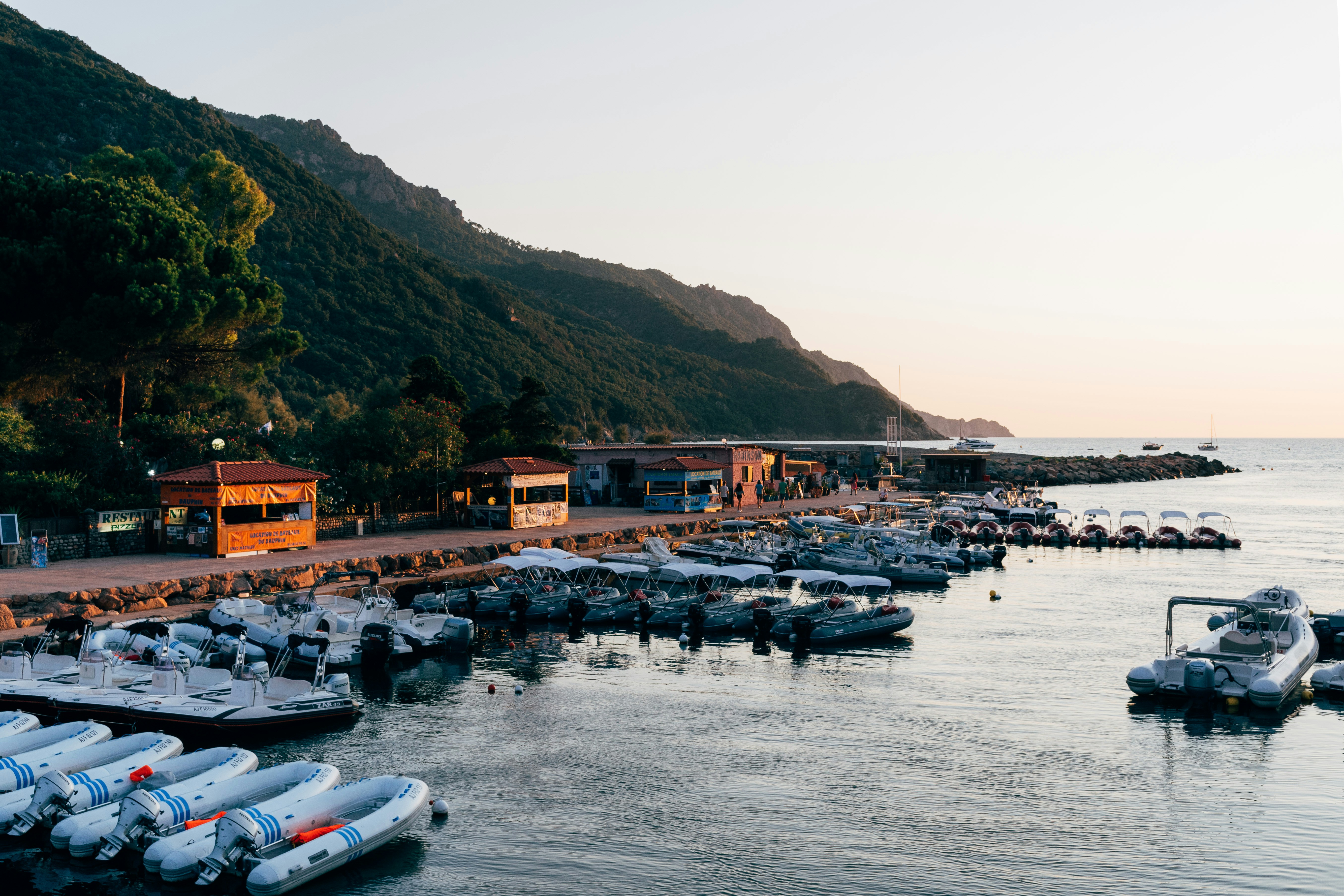
Traditional crafts, such as knife-making and pottery, are still practiced using time-honored techniques. In workshops across the island, skilled artisans create beautiful objects that serve as lasting mementos of Corsica's artistic heritage.
As the sun sets over the Mediterranean, casting a golden glow across Corsica's diverse landscapes, one can't help but feel a sense of wonder at this island's ability to captivate and inspire. From its rugged mountains to its sun-drenched beaches, from its ancient traditions to its vibrant modern culture, Corsica offers a journey of discovery that lingers in the memory long after one's departure. For those seeking to explore more of France's diverse regions, a visit to Bordeaux might be considered, where another facet of French culture and heritage awaits.
Best Apartments and villas in Corsica
Show allRelated articles
Show all
Top 15 things to do in Nice
The French Riviera has long been revered as a playground for the rich and famous, but its crown jewel offers an intoxicating blend of natural beauty, cultural richness, and laid-back charm that can be enjoyed by all. Nestled along the azure waters of the Mediterranean, this coastal gem beckons visitors with its sun-drenched beaches, vibrant markets, and centuries of history waiting to be discovered. From leisurely strolls along the iconic Promenade des Anglais to exploring hidden corners of the atmospheric Old Town, an unforgettable adventure awaits in this enchanting corner of the Côte d'Azur.
Nice - FRANCE

The top 15 things to do in Aix-en-Provence
The sun-drenched landscapes of Provence have long captivated artists, writers, and travelers alike. Among its charming towns and villages, one gem stands out for its elegant architecture, rich cultural heritage, and vibrant atmosphere. Here, the legacy of Paul Cézanne can be felt in every corner, while the scent of lavender and the melody of fountain waters create an intoxicating sensory experience. Let's explore the top 15 activities that can be enjoyed in this enchanting Provençal city.
Aix-en-Provence - FRANCE

The 15 best things to do in Saint-Émilion
In the heart of Bordeaux's wine country, a medieval gem awaits discovery. Cobblestone streets wind through ancient limestone buildings, leading to hidden cellars and sun-drenched vineyards. This UNESCO World Heritage site offers a perfect blend of history, culture, and world-class wine. Visitors can immerse themselves in centuries of tradition while savoring the fruits of the region's legendary terroir.
Saint-Émilion - FRANCE

The 15 best things to do in Amiens
Northern France holds a treasure trove of historical wonders and cultural delights, often overlooked by travelers rushing between Paris and the coast. Yet, hidden within the Hauts-de-France region lies a city that captivates visitors with its blend of Gothic grandeur, verdant gardens, and rich literary heritage. This charming destination offers a wealth of experiences for those willing to venture off the beaten path.
Amiens - FRANCE

Discover Saint-Jean-Cap-Ferrat
Saint-Jean-Cap-Ferrat is a coastal town nestled between Beaulieu-sur-Mer and Villefranche-sur-Mer. You’ll find the town on France's southern coast, just 6-miles east of Nice. This former fishing village became a popular destination in the early 20th century. Around this time, Europe's wealthiest residents flocked to the area to build grand villas and regal second homes. Today these beautiful buildings remain part of Saint-Jean-Cap-Ferrat's landscape, and the town still attracts big spenders and Europe's elite travelers. The area enjoys a year-round warm climate, an abundance of lush greenery, and coastal trails that offer spectacular Meditteranean Sea views. There's little wonder why the unspoiled Saint-Jean territory makes for a great vacation.
Saint-Jean-Cap-Ferrat - FRANCE

Top 15 things to do in Uzès
Tucked away in the sun-drenched Languedoc-Roussillon region of southern France, a charming medieval town awaits discovery. With its well-preserved Renaissance architecture, bustling markets, and rich history, this hidden gem offers visitors a genuine taste of French provincial life. From exploring ancient Roman ruins to savoring local delicacies, the following activities promise an unforgettable journey through one of France's most captivating destinations.
Uzès - FRANCE


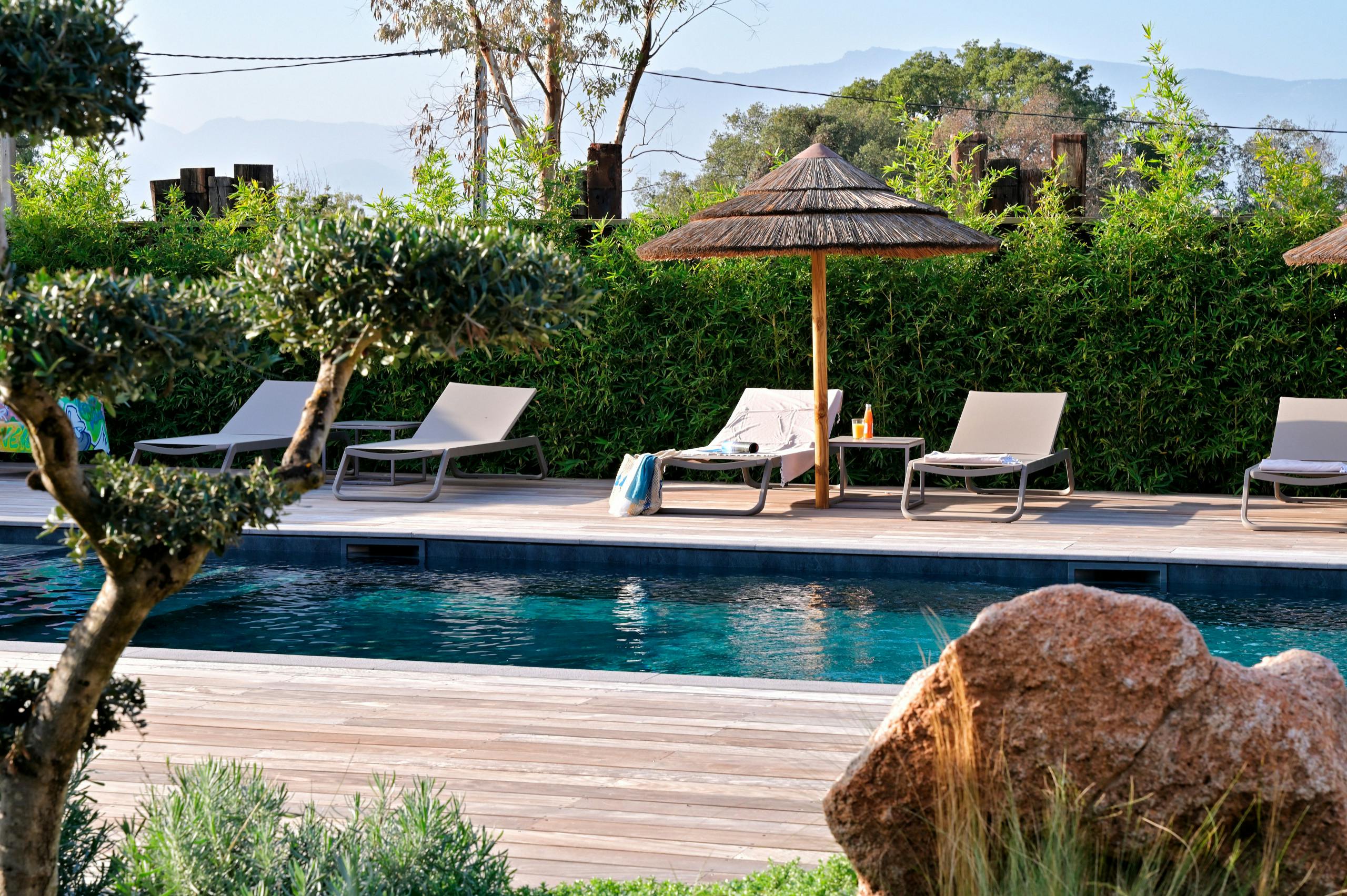
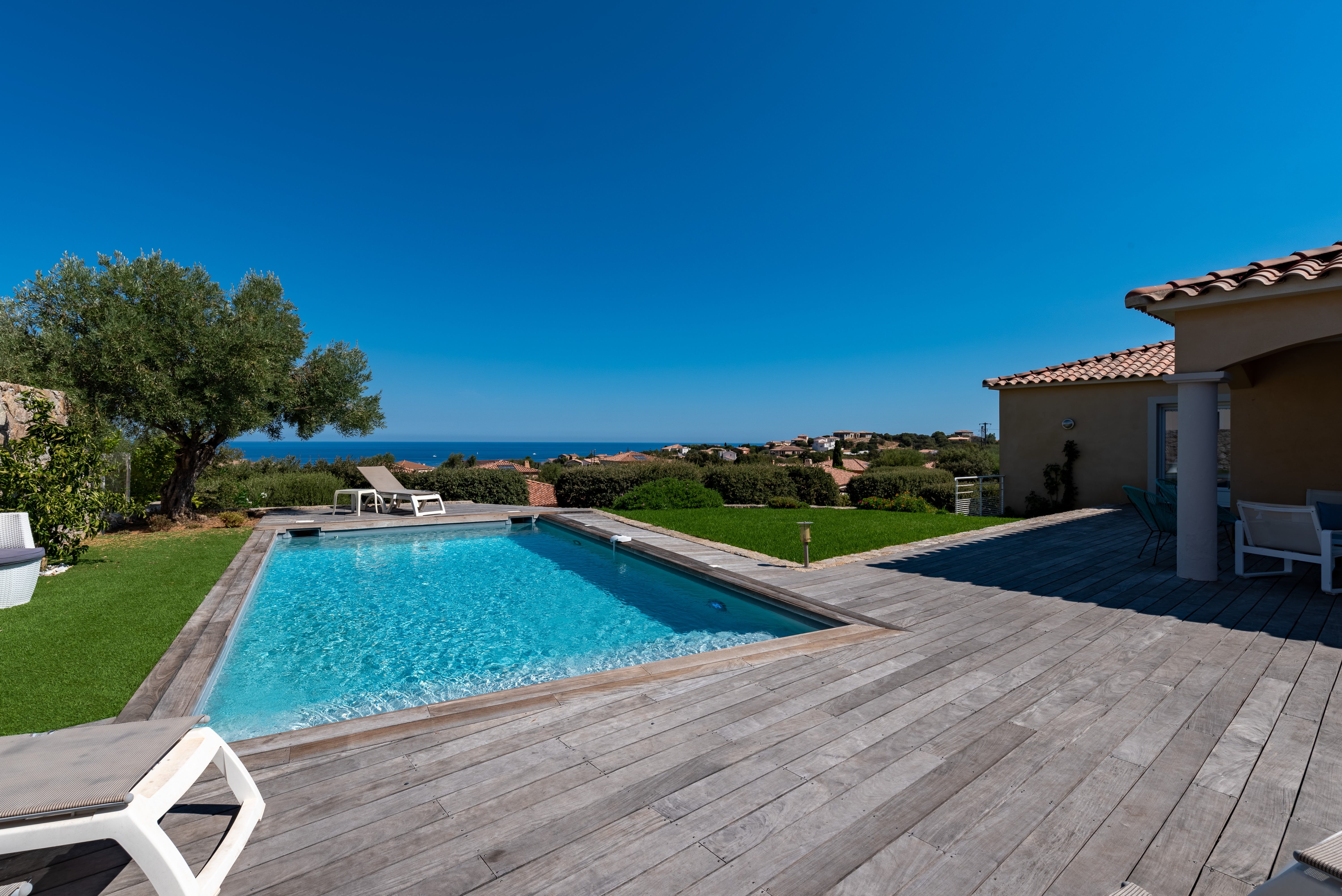
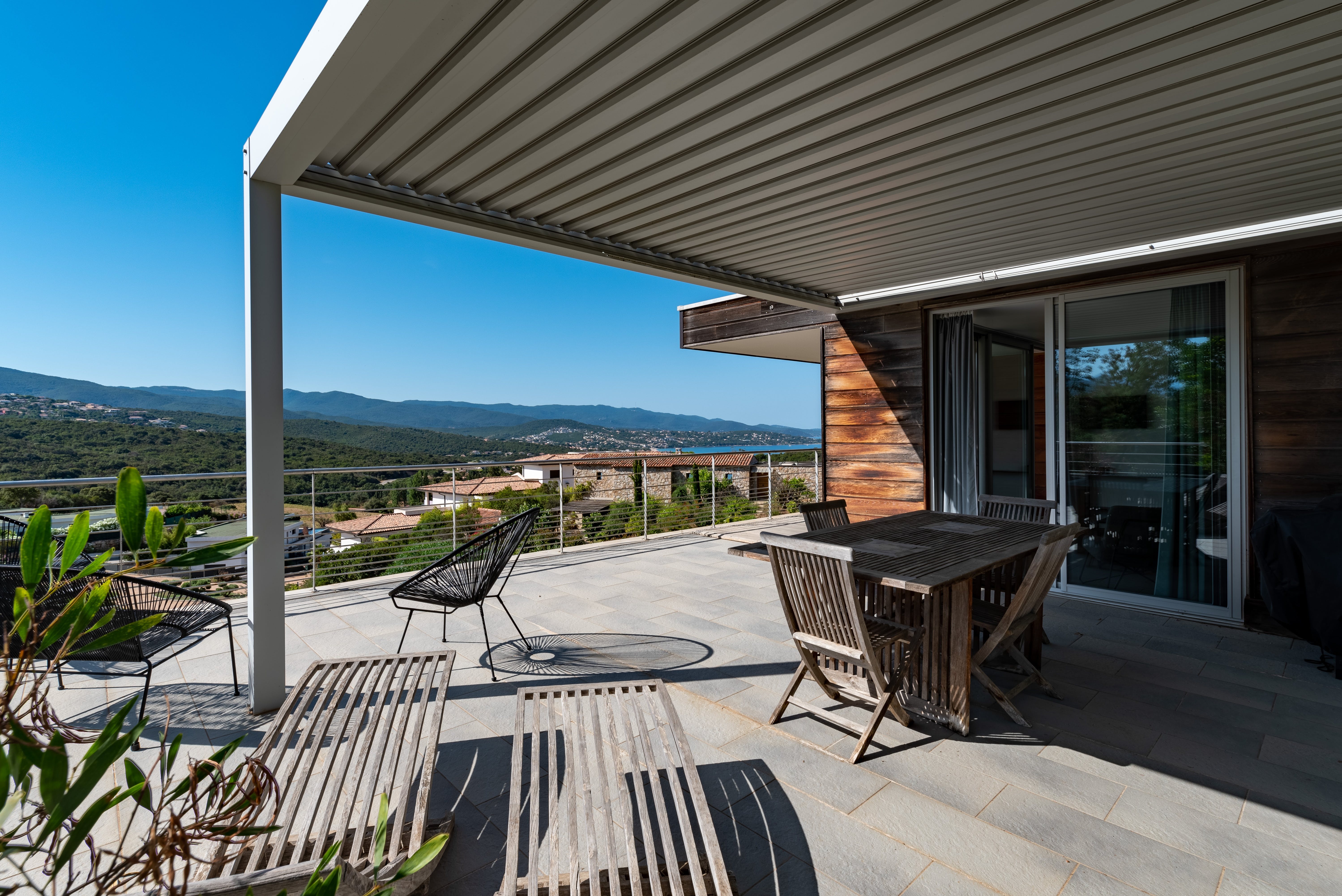
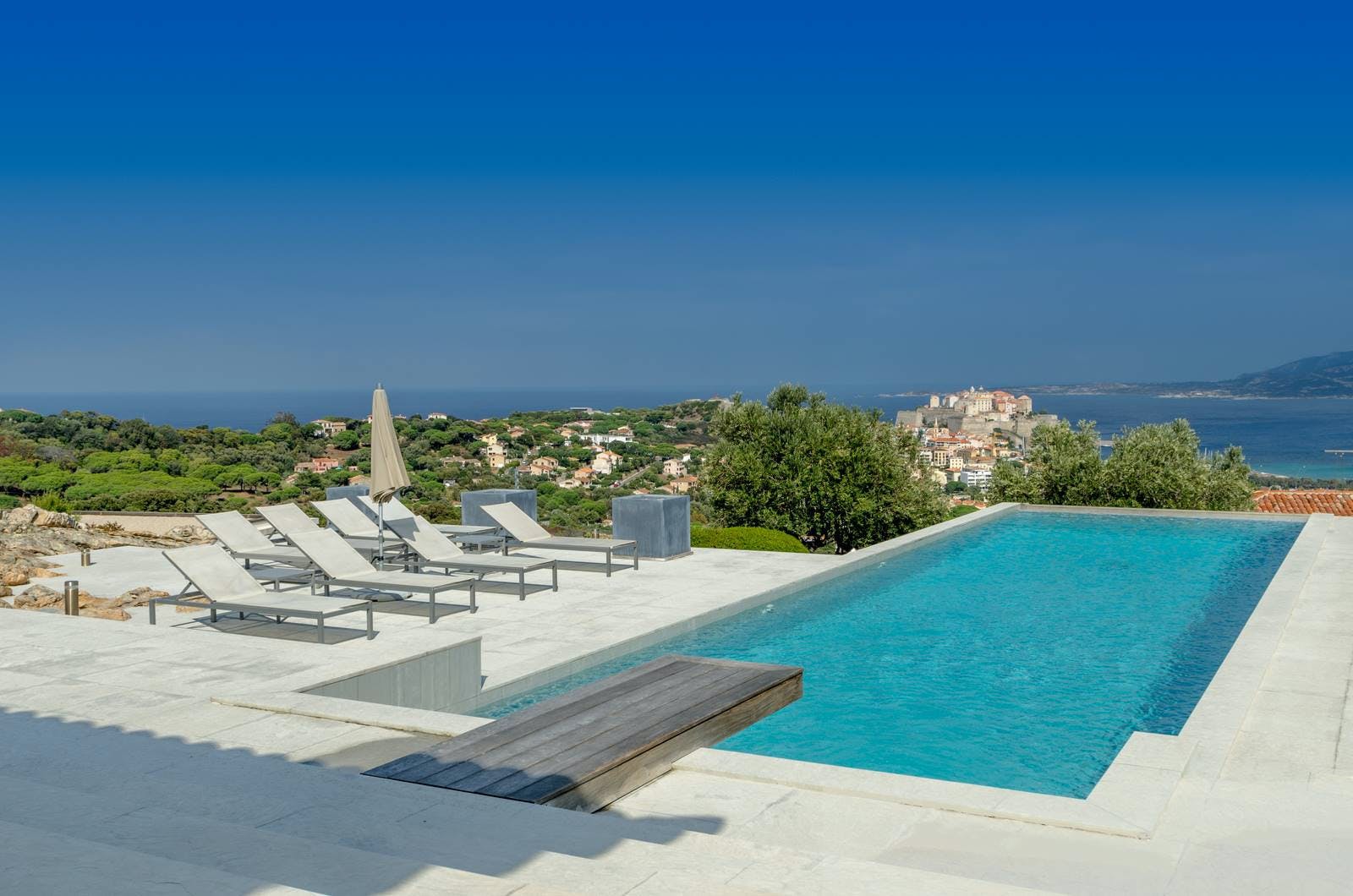
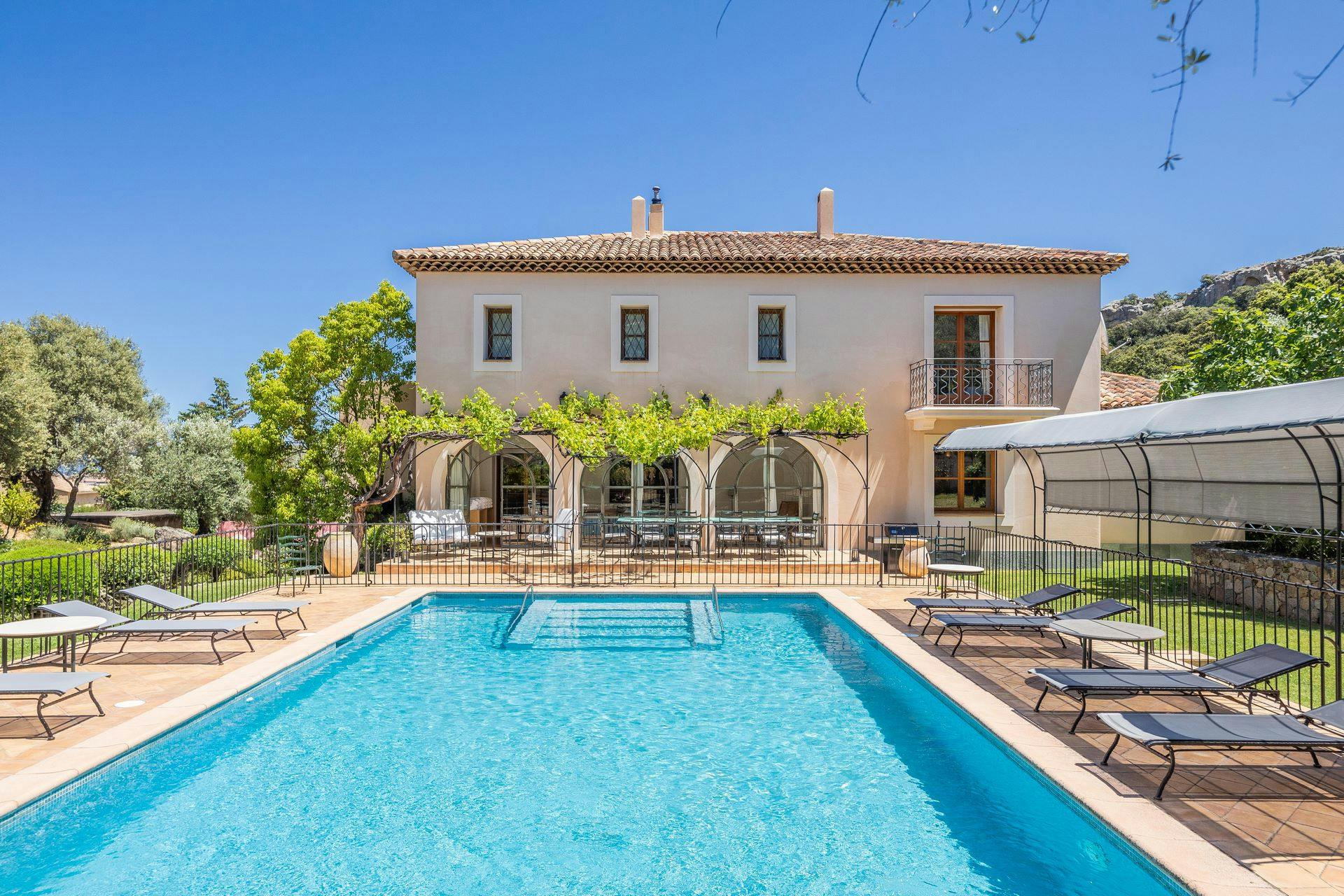
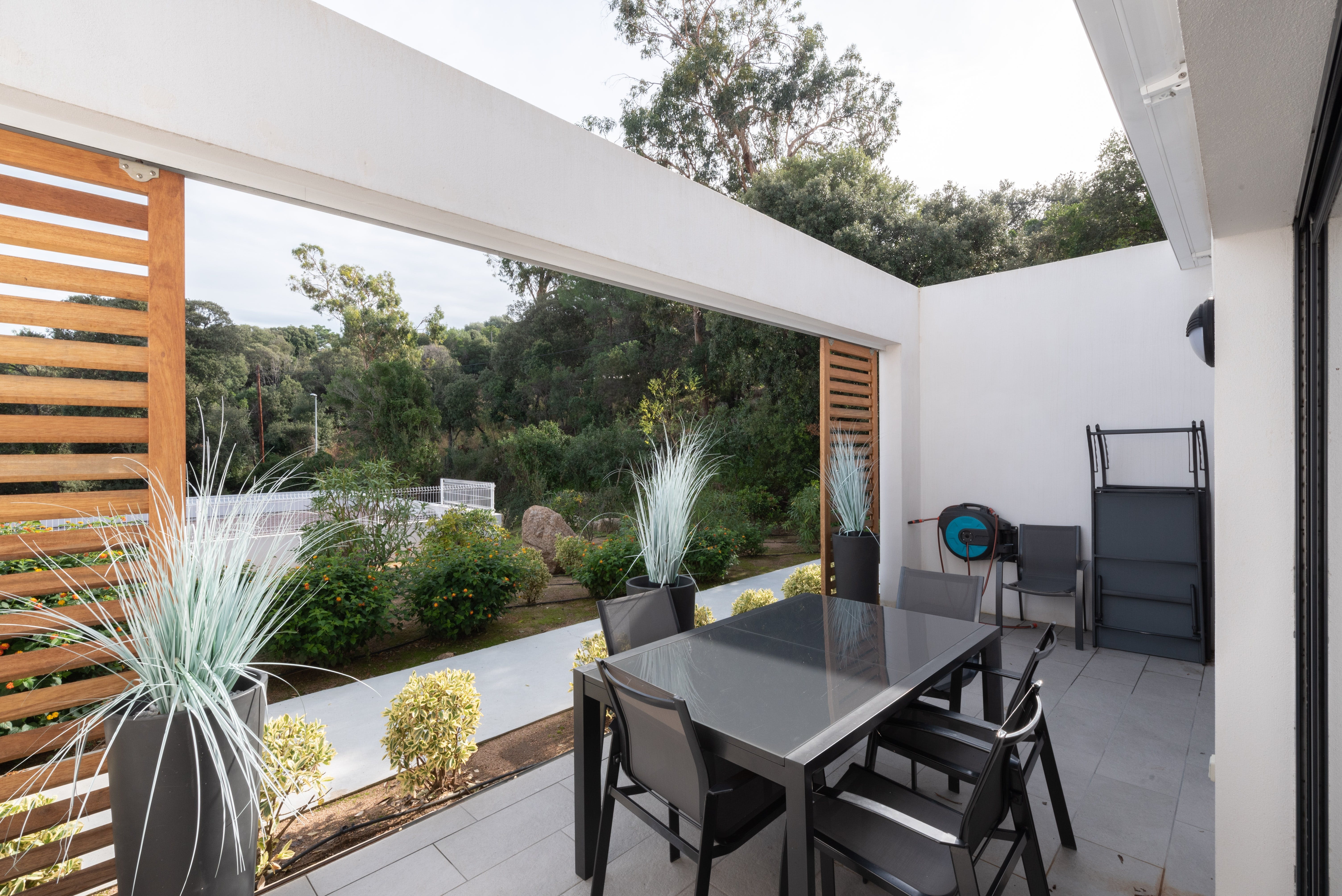
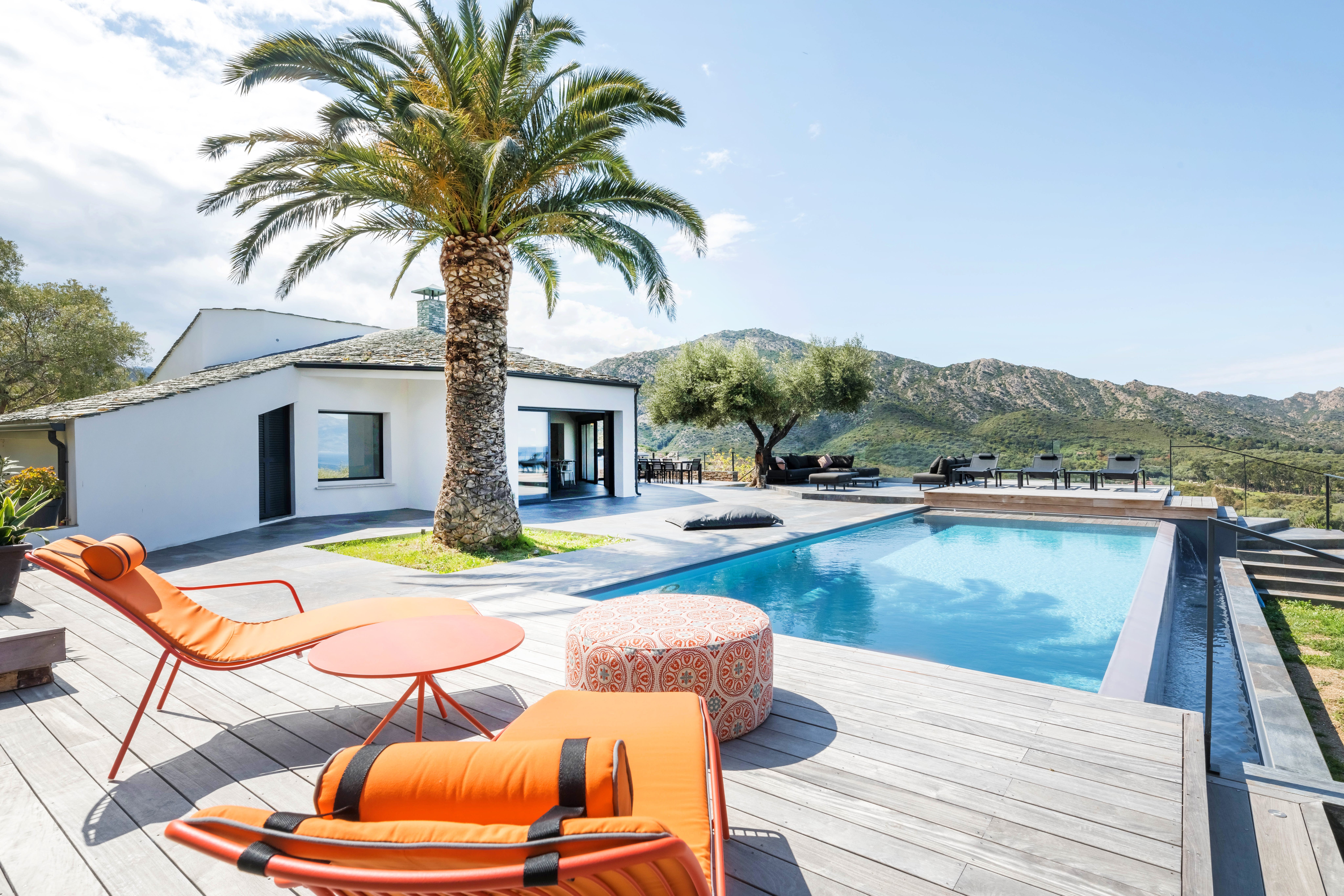
 Home
Home Wishlist
Wishlist